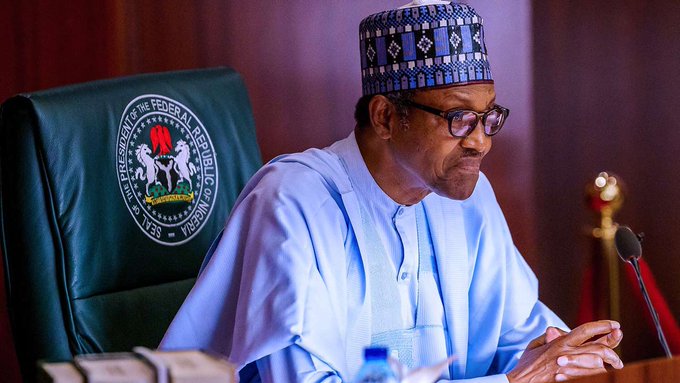Why Buhari did Not Remove Petrol Subsidy– Femi Adesina
Femi Adesina, former spokesperson to ex-President Muhammadu Buhari, has stated that his principal refrained from removing the petrol subsidy during his administration out of concern for its impact on “ordinary” Nigerians.
In a tribute marking Buhari’s 82nd birthday on Tuesday, Adesina highlighted that the former president’s decisions were deeply influenced by his compassion for the “poor and underprivileged.”
Adesina acknowledged that the Buhari administration was fully aware of the massive resources being drained by the petrol subsidy. However, he said Buhari prioritized the welfare of ordinary Nigerians, earning him the moniker “Ore Mekunu”—a Yoruba phrase meaning “friend of the poor.”
Reflecting on Buhari’s actions during the 2020 COVID-19 lockdown, Adesina said the former president instructed Zainab Ahmed, the then-Minister of Finance, to ensure the timely payment of workers’ salaries and pensions. This, he explained, was to alleviate the financial difficulties workers faced during the pandemic and prevent the added burden of unpaid wages.
Adesina recounted Buhari’s perspective on the contentious petrol subsidy issue, writing, “Did you think the government didn’t know the subsidy was a money-guzzling monster that had to be slain? It did. But who ensured that subsidies remained as long as they did? Buhari. And why? For the people, the ordinary people.”
Adesina said Buhari often argued that during periods when oil prices soared to over $100 per barrel, reaching as high as $140, the ordinary people saw no benefits. Therefore, he questioned why they should be the ones to bear the burden when prices fell.
By the time Buhari left office, Adesina noted, there was a consensus among all three major presidential candidates that the petrol subsidy had to be removed. While it was likely that Buhari shared this view, Adesina said the former president refrained from doing so to avoid throwing society into chaos.
“Ordinary people gravitate toward Buhari like bees to honeycomb. That’s why he always commanded millions of votes, even before the first ballot was cast,” Adesina wrote.
He added that Buhari’s popularity among the masses helped him defeat the ruling Peoples Democratic Party (PDP) in 2015 and secure an even larger mandate in 2019, despite attempts to tarnish his reputation.
“Even in retirement, his house remains a magnet for people who simply want to catch a glimpse of him. As he turns 82 on December 17, 2024, I salute the Ore Mekunu, a true friend of the poor, who continues to draw people like a magnet,” Adesina concluded.
Buhari served as Nigeria’s president from May 29, 2015, to May 29, 2023.
In August 2022, his administration announced that the federal government would cease petrol subsidy payments by June 2023. Then-Minister of Finance, Zainab Ahmed, clarified that the 2023 budget only included provisions for subsidy payments from January to June of that year.
However, during his inauguration on May 29, 2023, President Bola Tinubu declared the immediate end of petrol subsidy payments. The announcement triggered a sharp increase in petrol prices, which in turn drove up the costs of goods and services across the country.





